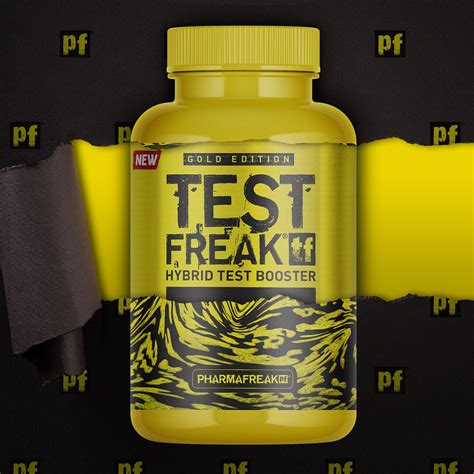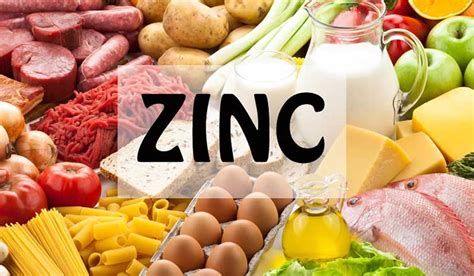How to boost testosterone naturally through diet for peak male performance?

Understanding Testosterone and Its Importance
Testosterone, the primary male sex hormone, plays a pivotal role in more than just libido. It’s crucial for muscle mass, bone density, red blood cell production, energy levels, and even mood regulation. As men age, testosterone levels naturally decline, but various factors, including diet, can significantly impact these levels regardless of age. Optimizing your diet is a powerful and natural way to support healthy testosterone production and unlock peak male performance, vitality, and overall well-being.

Key Nutrients That Drive Testosterone Production
To naturally boost testosterone, your diet needs to be rich in specific vitamins and minerals that act as co-factors in hormone synthesis. Focusing on these essential nutrients can lay a strong foundation for optimal levels.
Zinc
This mineral is vital for numerous bodily functions, including immune health and testosterone production. Studies show that zinc deficiency can lead to reduced testosterone. Excellent sources include:
- Oysters (one of the richest sources)
- Red meat (beef, lamb)
- Pumpkin seeds
- Spinach
- Legumes (beans, lentils)
Vitamin D
Often called the “sunshine vitamin,” Vitamin D functions as a steroid hormone in the body and is directly linked to testosterone levels. Low Vitamin D is frequently associated with lower testosterone. Beyond sun exposure, you can get it from:
- Fatty fish (salmon, mackerel, tuna)
- Fortified milk and cereals
- Egg yolks
Magnesium
Magnesium plays a role in hundreds of biochemical reactions, including energy production and protein synthesis. Research suggests it can increase free and total testosterone levels, especially when combined with exercise.
- Leafy green vegetables (spinach, kale)
- Nuts (almonds, cashews)
- Seeds (chia, flax)
- Avocado
- Dark chocolate
Healthy Fats
Don’t fear fats, especially healthy ones! Cholesterol is a precursor to testosterone, and healthy fats provide the necessary building blocks for hormone production. Focus on monounsaturated and polyunsaturated fats:
- Avocado
- Olive oil
- Nuts and seeds
- Fatty fish (omega-3s)

Foods to Prioritize for Optimal Testosterone
Incorporating these foods into your daily meals will provide a consistent supply of testosterone-supporting nutrients.
- Fatty Fish: Salmon, tuna, and mackerel are packed with Vitamin D and Omega-3 fatty acids, both crucial for hormone health.
- Leafy Greens: Spinach and kale are rich in magnesium, which helps prevent testosterone from binding to sex hormone-binding globulin (SHBG), making more free testosterone available.
- Eggs: A complete protein source, egg yolks contain Vitamin D, healthy fats, and cholesterol—all essential for testosterone synthesis.
- Oysters: An unparalleled source of zinc, critical for testosterone production.
- Red Meat (in moderation): Lean cuts provide zinc, iron, and protein. However, excessive consumption can have downsides, so balance is key.
- Berries and Fruits: Rich in antioxidants, these help reduce oxidative stress, which can negatively impact hormone health.
- Garlic and Ginger: Both have been shown in some studies to have potential benefits for testosterone, likely through their anti-inflammatory and antioxidant properties.
- Cruciferous Vegetables: Broccoli, cauliflower, and cabbage contain compounds that help regulate estrogen levels, which can indirectly support higher testosterone.

Foods and Habits to Limit or Avoid
Just as important as what you eat is what you don’t eat. Certain foods can hinder testosterone production or promote estrogen dominance.
- Processed Foods and Sugary Drinks: High in unhealthy fats, sugar, and artificial ingredients, these can lead to insulin resistance, inflammation, and weight gain, all detrimental to testosterone levels.
- Excessive Alcohol: Chronic heavy drinking can directly damage the Leydig cells in the testes, which produce testosterone.
- Trans Fats: Found in many fried and processed foods, trans fats can negatively impact heart health and hormone balance.
- Certain Soy Products: While not universally detrimental, some individuals may find high consumption of unfermented soy products (due to phytoestrogens) affects their hormone balance. Moderation is advisable.

Beyond Diet: A Holistic Approach
While diet is foundational, maximizing testosterone naturally involves a holistic lifestyle. Ensure you get adequate sleep (7-9 hours), engage in regular strength training and high-intensity interval training (HIIT), and manage stress effectively. These factors work synergistically with your dietary choices to create an optimal environment for testosterone production.

Conclusion
Boosting testosterone naturally through diet is an accessible and powerful strategy for men seeking to enhance their energy, strength, libido, and overall well-being. By prioritizing zinc, Vitamin D, magnesium, and healthy fats, and incorporating nutrient-dense foods while limiting detrimental ones, you can lay a robust foundation for optimal hormone health. Remember, consistency and a holistic approach—combining diet with smart exercise, sufficient sleep, and stress management—are key to achieving and maintaining peak male performance.








